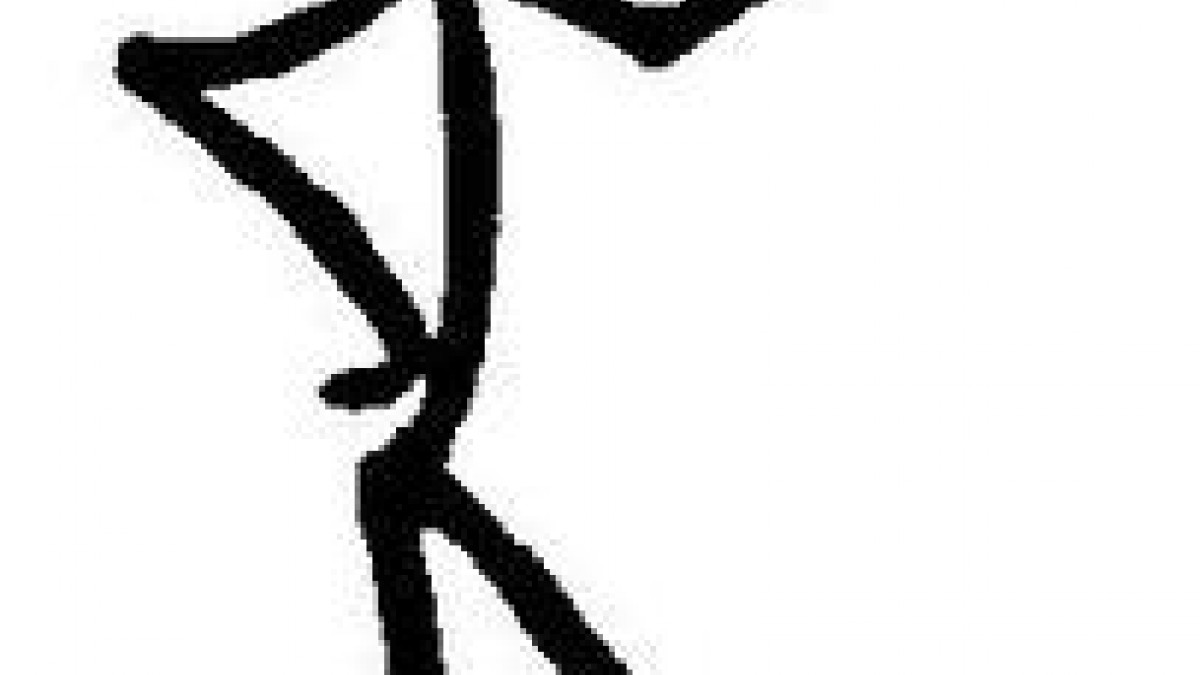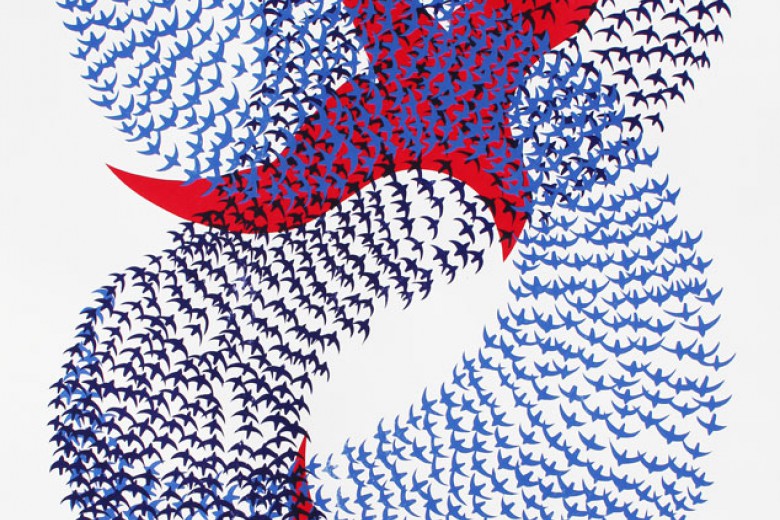Self-righteousness is a special case of being self-satisfied, complacent, smug. But here, the smug complacency refers specifically to a person’s belief that he or she complies, to a higher than normal degree, with the demands of some strict moral standard. This claimed moral superiority in turn is supposed to justify an attitude of scorn or disdain toward others, who supposedly fail to respect this high standard and in this way discredit themselves.
Importantly, self-righteousness differs from simple “righteousness” – insistence on doing the right thing, simply because it is the right thing – in being a vice rather than a virtue. Why, though, is self-righteousness a vice, not a virtue?
It is a vice for at least three reasons:
1. First, because the self-righteous person helps himself or herself to a higher standing than his or her peers, and so claims to be superior, like a saint, whereas we only accept the status of moral superiority as something that is conferred on rare individuals by others, not as a self-appointed status to be claimed for oneself;
2. Second, because the smug complacency implies a confidence that one has little or no work to do to improve one’s own conduct and character, and thereby reveals a lack of concern for self-improvement, a confidence placed in doubt by the very behaviour that embodies it, since that behaviour itself is open to criticism and calls for correction; and
3. Third, because the most common marker or indicator of self-righteousness is the stance of self-appointed judge, issuing explicit or implicit decrees of condemnation toward others, for their supposed failings, and this judgmental stance reveals a lack of awareness about the universality of failings and shortcomings that motivate one’s finger-pointing.
Now, it is sometimes said that social-justice-oriented political activists are particularly prone to self-righteousness. I’m not sure whether or not they are unusually quick to indulge in this sort of thing. But I do believe that it is widespread, and certainly no less typical of activists than of others. And that’s a problem, because it obviously undermines what they are trying to achieve, if (as I hope) they are trying to draw in wider circles of people, and to break out of activist subcultures to engage with the larger world.
Clearly, a self-righteous attitude will deter engagement since one looks down on others and therefore won’t see them as potential comrades and partners in a common struggle; and it will also deter engagement on the part of others, because they will find one’s self-righteousness to be offensive and indicative of some activists’ contempt for ordinary people. Self-righteousness, in short, undermines both the interest of activists in engaging with the wider world and the willingness of the wider world to be engaged by activists.
I believe that this problem came up, as a practical matter, during the Occupy movement, when many longtime activists found themselves, consciously or unconsciously, unwilling or unable to engage with wider circles of people flooding into oppositional movement politics, because some of those people had (arguably) mistaken ideas about a range of issues, from the role of the Fed to the nature of colonialism and much else. No one would suggest that these ideas, where they existed, didn’t need to be challenged in various ways, by means of a process of popular education.
But having mistaken opinions is not actually a flaw or a defect or sign of inferiority, clearly. It is actually the normal state of everyone. We just have different zones of knowledge and ignorance. So, a stance of condescension in such situations is clearly uncalled for. But in fact, at the time, I believe that some activists retreated from the Occupy movement because they were particularly judgmental about the political opinions of some of the participants. (My evidence for this is limited, but it is a perception I had at the time.) Obviously, there were in some cases perfectly sound reasons that people may have had to shift their attention elsewhere. No one would doubt that; certainly, I don’t doubt it. However, I’m quite sure that at least in a few cases, self-righteousness was an issue.
If self-righteousness is a barrier to strategically effective movement organizing, what can be done about it? I don’t pretend to know. But possibly counting it as one of the threats to left-activism – along with other threats that we express concern about, like state repression, activist burnout, or sexist behaviour, etc. – will help us resist any impulse to revel in self-righteous feelings, which seem to have some narcissistic appeal due to their ego-elevating character. If we count self-righteousness as a danger, a threat to our organizing projects, we might better be able to notice its appearance, and to motivate ourselves to walk away from it.







